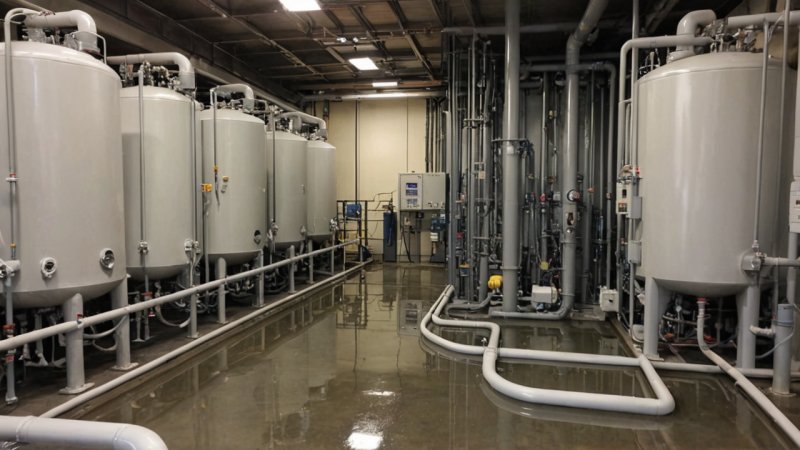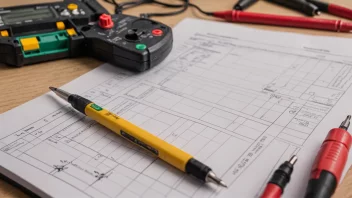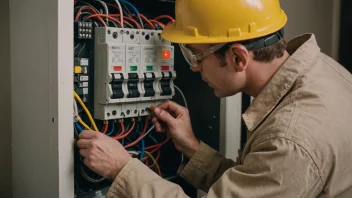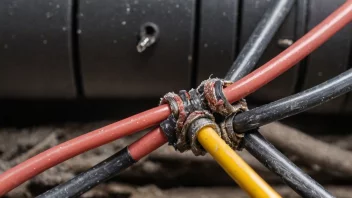Electrical safety is paramount, especially in environments like waterworks where the interaction of water and electricity can pose significant risks. Norway has specific regulations governing electrical installations in waterworks to ensure safety and compliance. Understanding these regulations is crucial for anyone involved in the management or oversight of water treatment facilities. Here are five essential points to consider regarding electrical installation regulations in waterworks.
1. Understanding Norwegian Electrical Regulations
In Norway, electrical installations must comply with the regulations set forth by the Directorate for Civil Protection and Emergency Planning (DSB). This includes adherence to the Norwegian Standard (NEK) for electrical installations. These regulations are designed to ensure safe and reliable electrical systems, particularly in environments where water is present.
2. Importance of Qualified Electricians
Hiring qualified electricians is critical in the installation and maintenance of electrical systems in waterworks. Qualified professionals are trained to understand the complexities of electrical systems and how they interact with water sources. They also ensure that installations meet national standards and regulations, thereby minimizing risks associated with electrical faults.
3. Common Electrical Issues in Waterworks
Waterworks can face specific electrical challenges, such as:
- Corrosion: Electrical components can corrode due to moisture exposure, leading to failures.
- Grounding Issues: Proper grounding is essential to prevent electrical shocks and ensure system reliability.
- Overloading: High demands on electrical systems can lead to overheating and potential hazards.
Identifying and addressing these issues promptly is vital for maintaining safety and efficiency in waterworks.
4. Regular Maintenance and Inspections
To ensure ongoing compliance with electrical regulations, regular maintenance and inspections of electrical systems in waterworks are necessary. This includes:
- Routine checks of electrical connections and components.
- Testing of grounding systems and circuit integrity.
- Updating any outdated equipment to meet current safety standards.
Regular maintenance helps to identify potential problems before they escalate, ensuring a safe working environment.
5. Training and Awareness Programs
Implementing training and awareness programs for staff involved in waterworks is essential. These programs should cover:
- Basic electrical safety practices.
- Emergency response procedures in case of electrical failures.
- The importance of adhering to regulatory standards.
Educated staff can contribute significantly to the overall safety and efficiency of electrical systems in waterworks, creating a culture of safety and compliance.
In conclusion, understanding the regulations surrounding electrical installations in waterworks is crucial for ensuring safety and compliance. By hiring qualified electricians, addressing common electrical issues, conducting regular maintenance, and implementing training programs, waterworks can operate safely and efficiently. Adhering to Norwegian electrical regulations not only protects workers but also ensures the integrity of the water supply.






